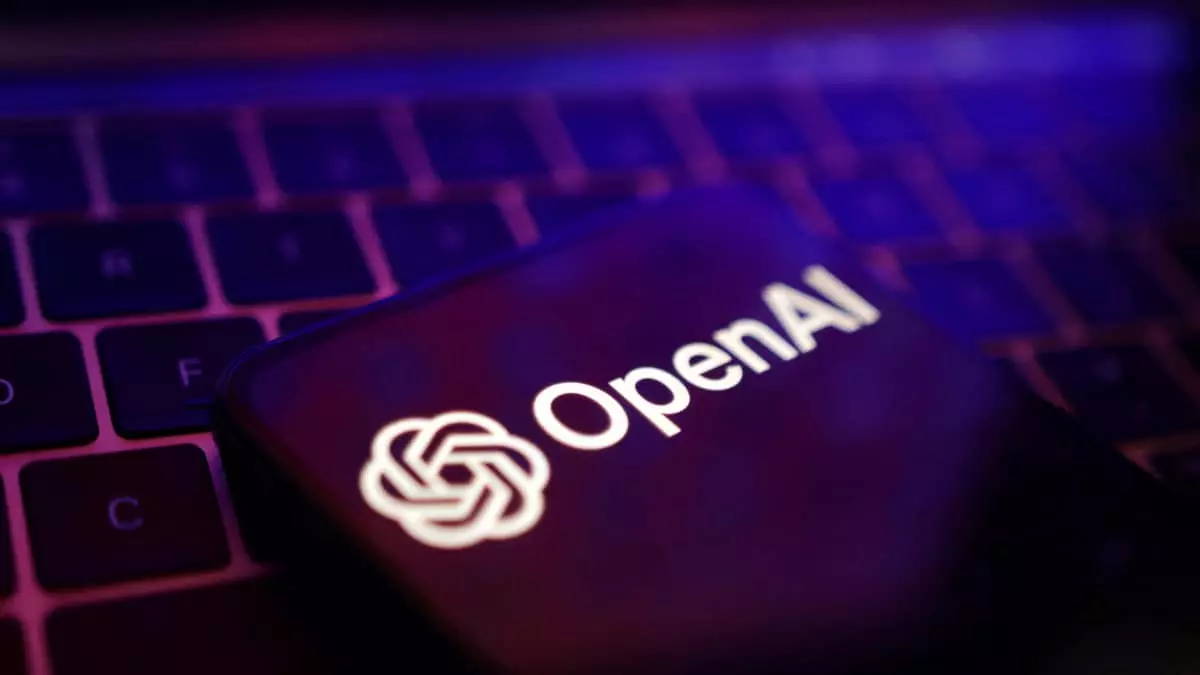In a notable development in the ongoing tensions between traditional media and emerging technology, five Canadian news organizations have initiated a legal case against OpenAI, alleging that the AI giant has breached copyright laws. This action, filed on a Friday, is emblematic of a broader trend where artists, publishers, and content creators are challenging tech companies over the unauthorized use of their work in training generative AI models. With large corporate entities such as Microsoft backing OpenAI, the stakes in this legal battle are notably high, and the outcome could set significant precedents for the future of intellectual property rights in the digital age.
The media companies involved—Torstar, Postmedia, The Globe and Mail, The Canadian Press, and CBC/Radio-Canada—have accused OpenAI of scraping their copyrighted content without obtaining permission or providing compensation. Their statement highlighted the fundamental issue at hand: the illegality of exploiting journalism for commercial purposes without consent. The plaintiffs articulated a strong belief that journalism serves the public interest and suggested that OpenAI’s practices represent a brazen exploitation of their intellectual property. According to their detailed legal filing, these organizations argue that OpenAI has engaged in systematic misappropriation, limiting their ability to monetize their work in an increasingly digital landscape.
Industry-Wide Implications
This lawsuit is part of a growing wave of legal actions targeting not only OpenAI but also other large corporations that depend on generative AI technology. As similar lawsuits emerge, the implications for both content creators and AI developers could be profound. In this context, the outcome of this case may influence how AI companies source their training data going forward and redefine the relationships between digital publishers and technological firms. However, despite the legal action from these Canadian news outlets, OpenAI maintains that its operations are grounded in fair use, and they argue that they do offer mechanisms for content creators to opt out of their models.
In its defense, OpenAI insists that its models utilize publicly available data and adheres to relevant copyright laws. Their spokesperson emphasized collaborative efforts with news organizations, suggesting that there are pathways for cooperation and acknowledgment of content. However, the absence of Microsoft’s mention in the news companies’ filing raises questions about the broader corporate dynamics at play and potential liability issues. Notably, recent developments include Elon Musk’s expansion of his lawsuit against OpenAI to include Microsoft, hinting at concerns over market monopolization in the generative AI sector.
As the legal landscape continues to evolve, this case not only underscores the pressing issues surrounding copyright in the age of AI but also highlights the delicate balance between technological innovation and the rights of content creators. The outcome could either reinforce existing copyright frameworks or prompt a reevaluation of how AI systems are developed and trained. This ongoing conflict may serve as a pivotal moment in determining the future interplay between traditional media and rapidly advancing technology, shaping the narrative for intellectual property rights in the years to come.


Leave a Reply